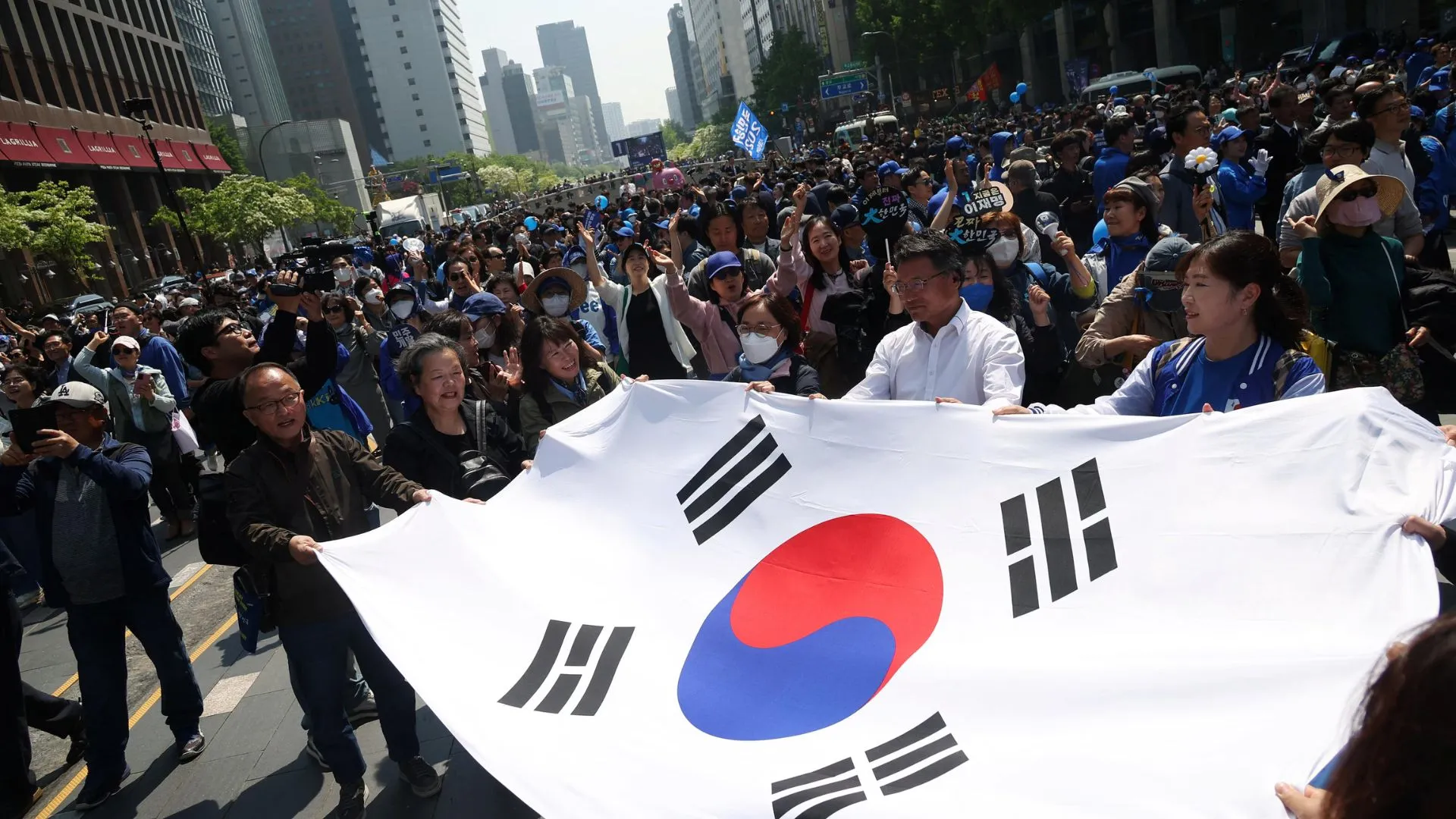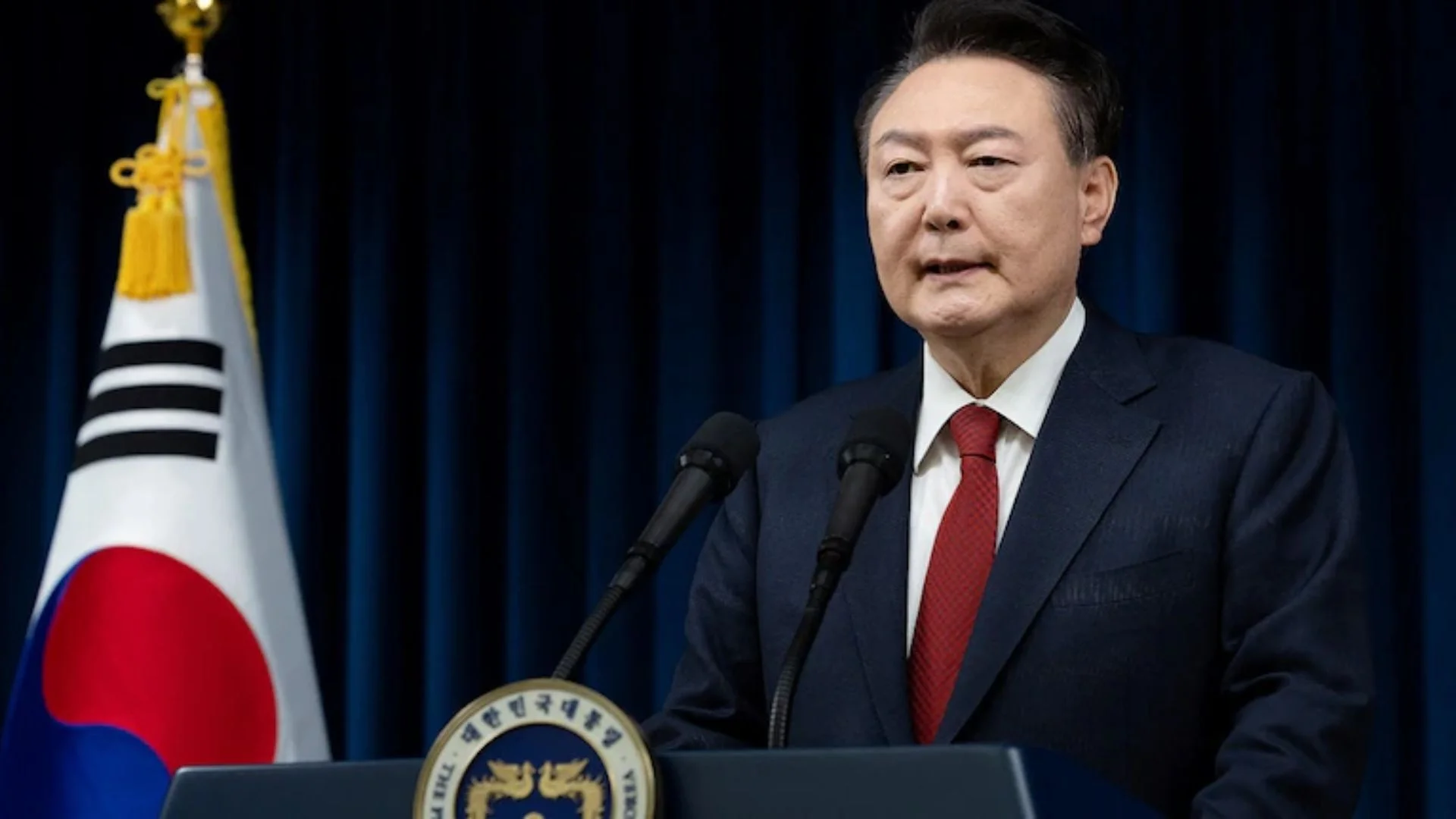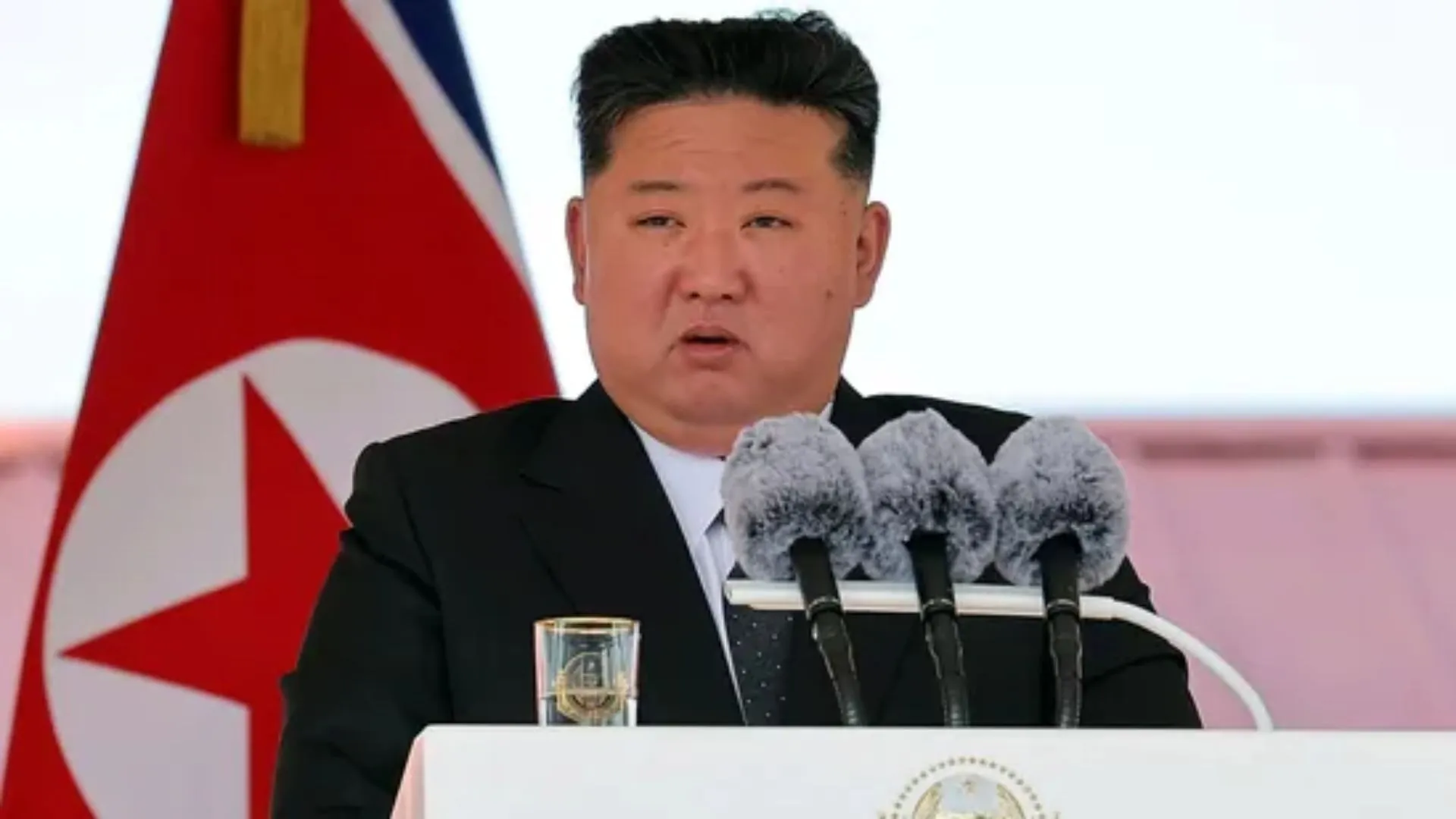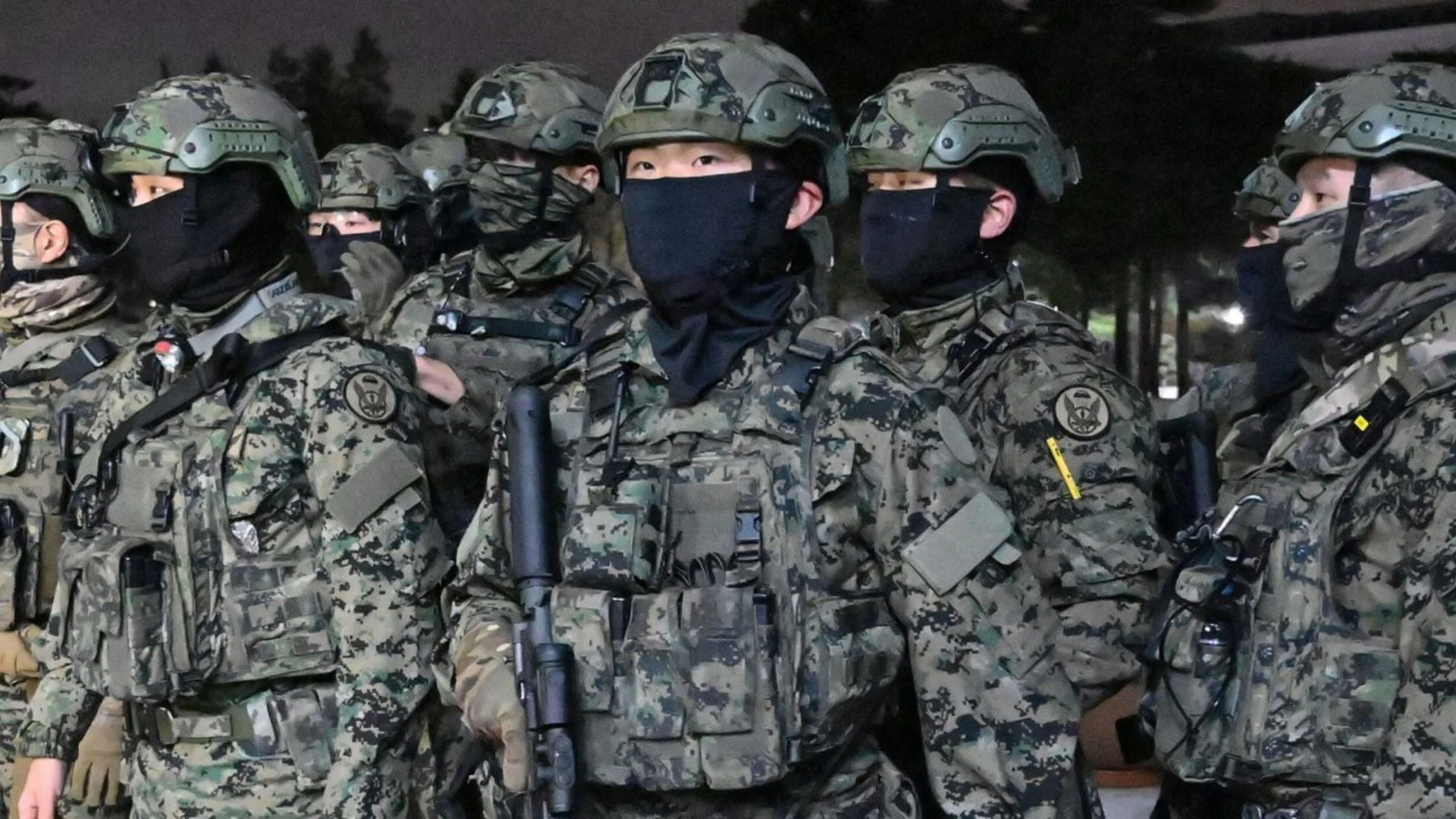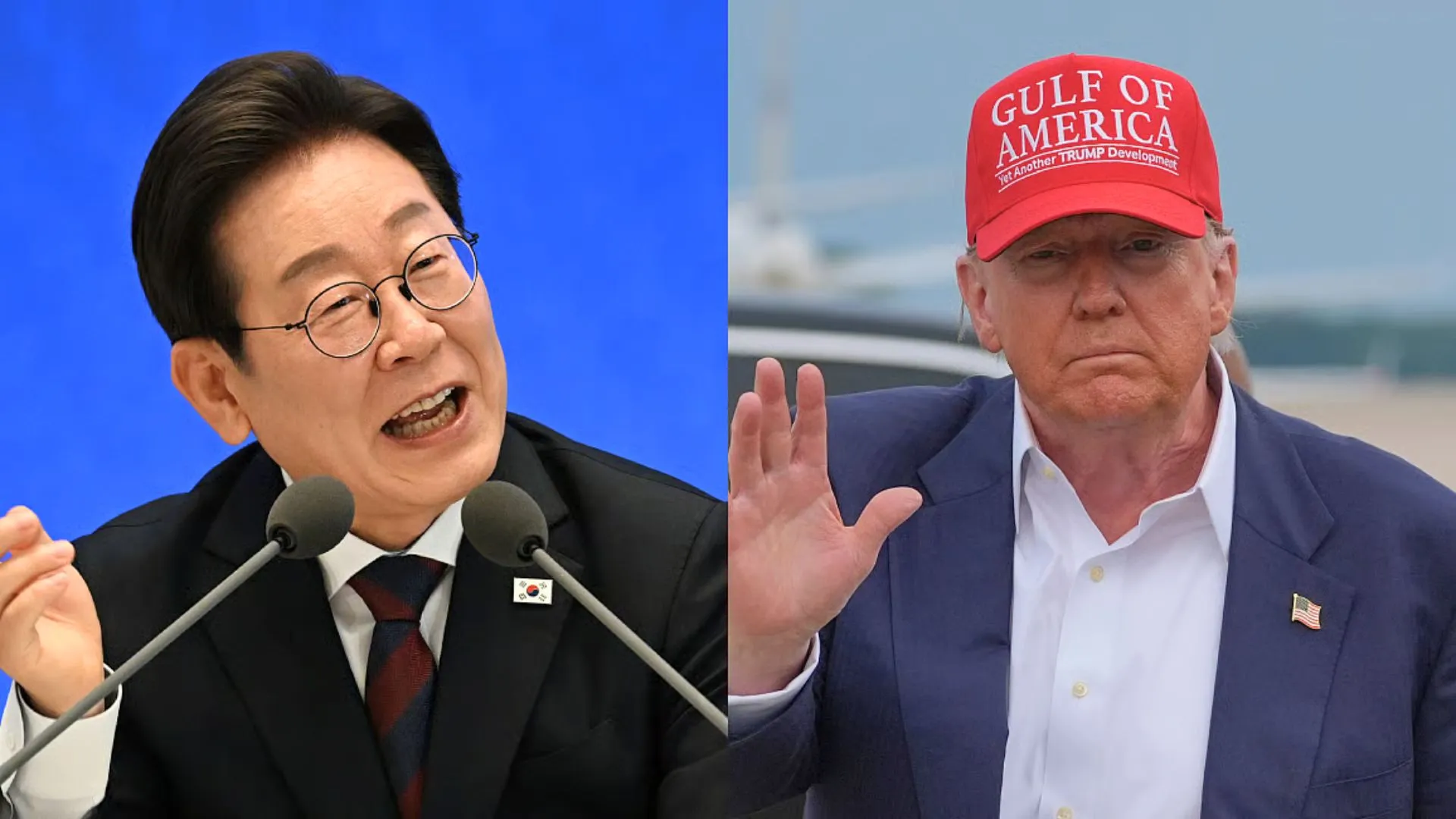South Korean liberal politician Lee Jae-myung is likely to win the country’s surprise presidential election, latest opinion polls indicate. The nation voted on Tuesday, June 3, and preliminary results show that the political landscape of East Asia may drastically shift if Lee becomes president. His victory would signal a significant shift away from the previous government’s pro-US and pro-Japan stance and could nudge Seoul toward Beijing.
Possible Shift in Seoul’s Strategic Alignment
Experts think Lee’s presidency would shift South Korea’s foreign policy orientation, particularly on contentious issues like relations with China, nuclear deterrence, and North Korean diplomacy. His presidency could indicate a realignment of an important US ally in the region.
Former President Yoon’s Downfall
Conservative politician Yoon Suk-yeol, the former president, was impeached for trying to impose martial law in December, according to allegations. Yoon, in his time in office, strongly adhered to Washington, adopted a tough stance against Pyongyang, and prioritized reconciliation with Tokyo.
Conversely, Lee Jae-myung, who lost to Yoon in the 2022 election by a hair, frequently denounced this alignment with the US. He has vowed to resume communication with North Korea and has been against Yoon’s efforts to normalize ties with Japan.
Lee’s Positions on China-Taiwan Conflict
Lee polarized people during his campaign when he said that South Korea must avoid military participation in a possible China-Taiwan conflict. “South Korea must not engage in any possible China-Taiwan confrontation,” he had said, though he later made it clear that he is “not pro-China.”
A Softer Tone on US Relations to Win Over Moderates
Lee has tried to woo centrist voters in recent weeks by toning down his rhetoric. While reaffirming his plans to revamp diplomatic priorities, he has also reiterated his backing for the US alliance. Lee has signaled openness to continuing trilateral coordination with Japan and the US—an accord that Washington considers crucial to countering the China and North Korea threats.
International Ramifications as Trump Makes Return
Lee’s possible presidency also comes at a time when there is renewed global focus on former US President Donald Trump, whose policy moves—such as tariffs and calling for higher financial contribution by South Korea to support US troops in South Korea—may challenge the alliance’s strength.
Whether Lee will continue his middle-of-the-road approach or revert to a more critical one is uncertain. His policy orientation could have an impact not just on South Korea’s immediate region but also on the strategic balances throughout the wider Asia-Pacific region.

